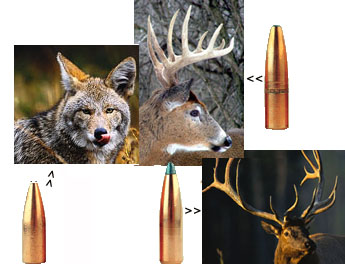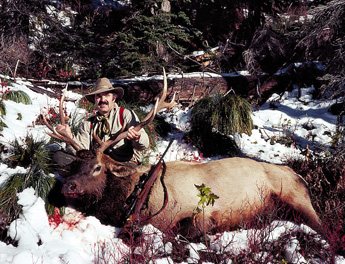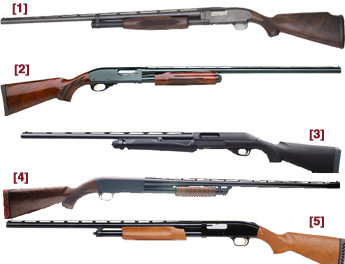We may earn revenue from the products available on this page and participate in affiliate programs. Learn More ›
Law-abiding gun owners in Illinois have long felt victimized by the political stranglehold that Chicago and Cook County have had when it comes to the passage of some of the nation’s most restrictive firearms laws. Now, the state’s leading gun-rights organization and county boards have combined forces to send a strong message that “down-staters” are tired of being treated like they don’t matter.
In recent months, county boards in 29 of Illinois’ 102 counties have signed on to resolutions declaring opposition to the passage of any new statewide gun control laws. Organizers of the movement hope to eventually have at least 70 central and southern Illinois counties on board.
Richard Pearson, executive director of the Illinois State Rifle Association, helped initiate the involvement of county boards last year after legislation was introduced to ban so-called assault weapons and place limits on private handgun sales.
“Lawmakers are trying to treat the whole state for a problem they don’t realize isn’t a statewide issue,” Pearson recently told the (Springfield) State Journal-Register. “We don’t have the same problems in central and southern Illinois that they do in Cook County.”
In addition to Pearson, Mark Mountain of the Pike County board and Jim Logsdon of Brown County are spearheading the effort downstate.
If Pike County sounds familiar to some of you outside Illinois, that’s because it has become quite famous in recent years for growing big whitetail deer—and hunting has become one of the region’s most important commodities. In fact, the leasing of rural land for deer hunting is worth around $5 million annually to Pike County.
Those in the pro-gun control camp contend that the resolutions are non-binding proclamations with no legal power and will have no impact on the passage of new firearms restrictions.
But initiative supporters say the movement exhibits the fundamental difference between rural and urban values and could ultimately unite downstate lawmakers.
“When a county signs on, saying, ‘We don’t agree, we don’t want any more legislation, back off,’ it sends a message to representatives and senators,” Mountain said.
Sounds like a worthy effort to me.






